
In retrospect it wasn’t that difficult. As long as I didn’t try to reconcile anything, as long as I accepted that my husband was a bad person, my children were going to grow up to be bad people, and I was the crown jewel doing my part for the legitimacy of other bad people—well, as long as I did that, it was fine and dandy. I went out with my ladies-in-waiting, sunned on yachts, and swanned around in ball gowns, a dead woman in a beautiful dress.
The Force of Such Beauty is one of those singular novels that leave you gasping. It fires up your brain; it makes you breathless with both the force of its intention and its craft (the prose is some of the best I’ve ever read). The story isn’t new, as such, but it’s perhaps interesting that most novels about modern royalty are romance. An American girl might discover she’s the progeny of the Japanese prince (this, regrettably, is an actual book), or that the man she’s dating is the future king of a small European country, and then there might be some struggle about adjusting to etiquette lessons or what have you. But these stories end happily; the American girl brings democracy to Buckingham Palace, and is applauded for her down-to-earth character, and so on.
Caroline Muller, the protagonist of this book, is based primarily on Olympic swimmer Charlene Wittstock, but her adversarial mother-in-law Queen Amelie is clearly based on Elizabeth II (rest in pieces, and so forth). She and the prince of the fictional Lucomo fall in love while they’re both at a hospital, and Caroline believes she goes into this with open eyes. But she’s uneducated and fairly naïve, having dedicated all her life to running, and despite warnings from her lawyer friend Zola, she quickly finds that she doesn’t know anything at all.
One upon a time, I was the fastest woman on earth. I was extraordinary: a rising mountain and the tiger who jumped over it like it was nothing. I ate when I was hungry and slept when I was tired, and in the hours between, I ran. My body was a vessel for my willpower; my body put other people to shame; my body proved what was possible.
When I think about that body, I’m homesick in the pit of my stomach. There is no word special enough to describe its singularity. It was carved from volcanic rock and brought to life with the force of a thousand goddesses. It carried me to the top of the highest wooden box and placed a golden weight around my neck, and it did all of that by the time I was twenty-one years old.
It’s a harrowing narrative as Caroline struggles within the instruments of wealth and power, with being not only constantly monitored but being reduced to an incubator. She looks back on the early days of being in love, and admits she didn’t realize at that point that her Prince Charming’s argument for authoritarianism presents ‘the symptom of a great, troubling disease’; instead she found him earnest, and she believed in what he believed. Her own parents struggled against Apartheid, and she believes that she’s fundamentally a good person, that Prince Ferdinand is a good person, that together they’ll do extraordinary and just things together.
As her mother-in-law escalates her abuse, and as her husband loses interest in her, Caroline finds herself increasingly trapped—and realizes that wealth has made her both weak and evil, that she has performed the role of the obedient trophy wife too well, and that now she wants out. There’s a horrible moment when she has an affair with her bodyguard, a relationship that’s presented as sincere and one of the final exercises of her agency, only for her to discover he’s a sex worker her husband paid to keep her from becoming too discontent.
If it were up to me, there’d have been one more chapter so the ending isn’t completely abrupt, but as it is the conclusion is incredibly brutal. The entire thing is, really, as you watch Caroline be stripped of agency and control of her own body; as you watch everyone manipulate her and treat her like a total fool. As she discovers that her Prince Charming, whom she thought wasn’t like other men, is exactly like all the other men.
It’s not a light read, the book viscerally describes the destruction that results from Caroline’s career-ending injury, her pregnancy and childbirth, her loss of self. But this unflinching look is what makes the book so special:
Zola held back her memories with a swallow. She was unwilling to allow them, even now, to take up space in her life. “I know why you wanted to live in a palace. But every time we tell ourselves that it’s better to make change from the inside instead of tearing down the building . . . it feels like such a profound failure of imagination.”

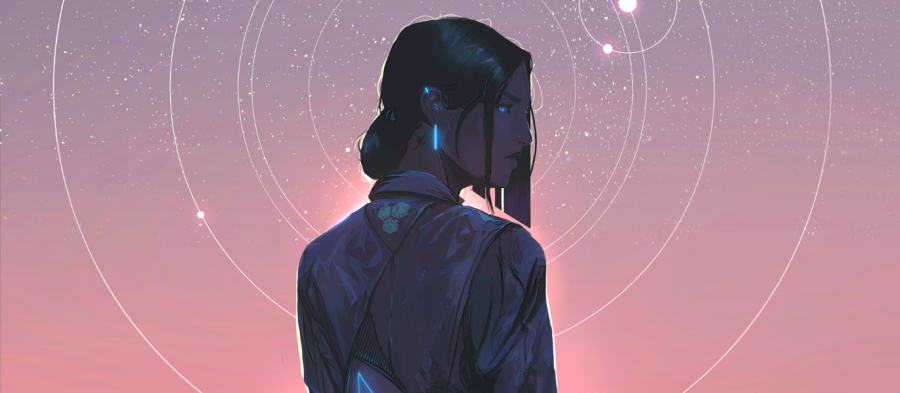







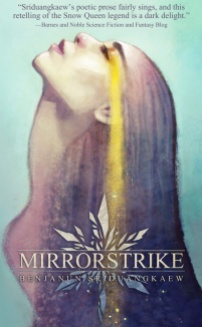


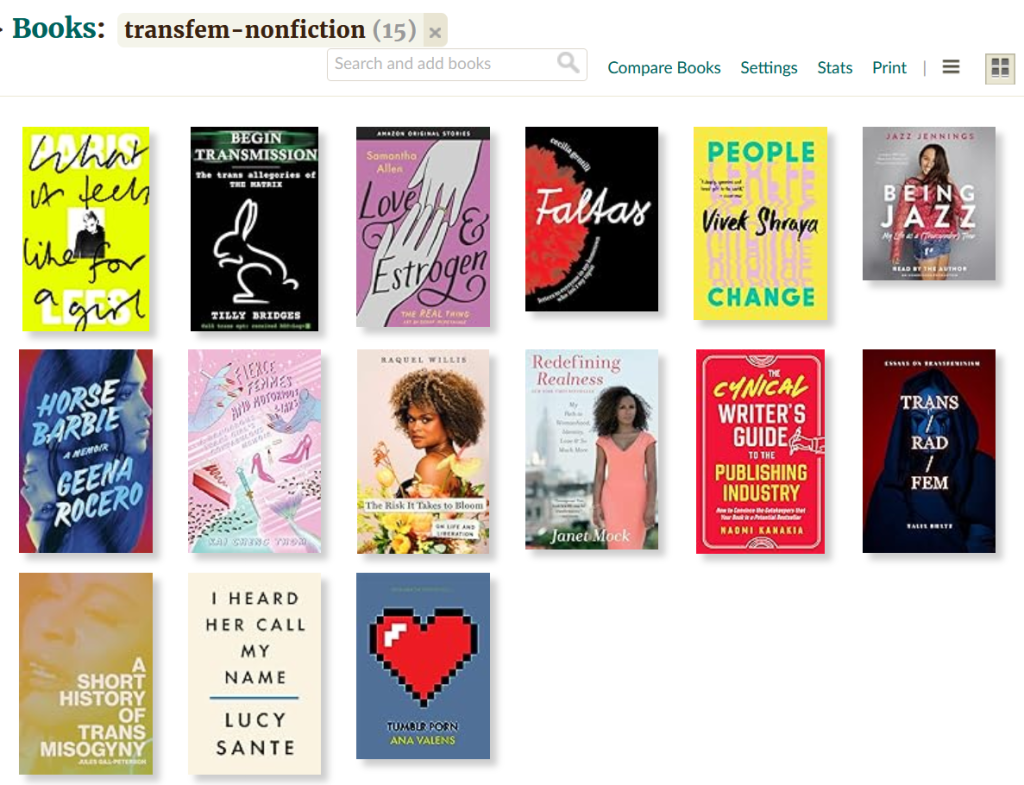



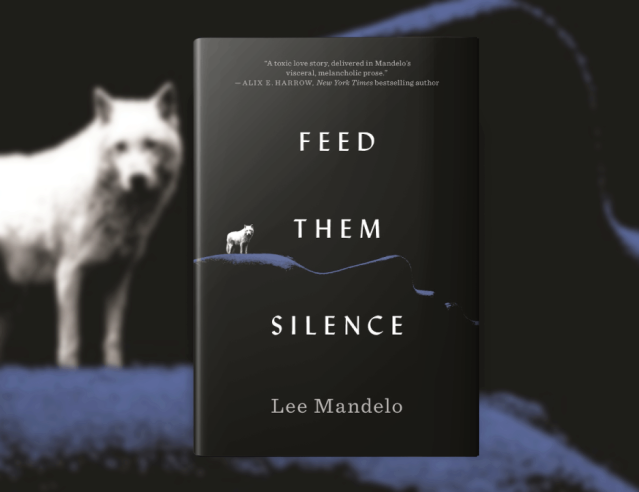
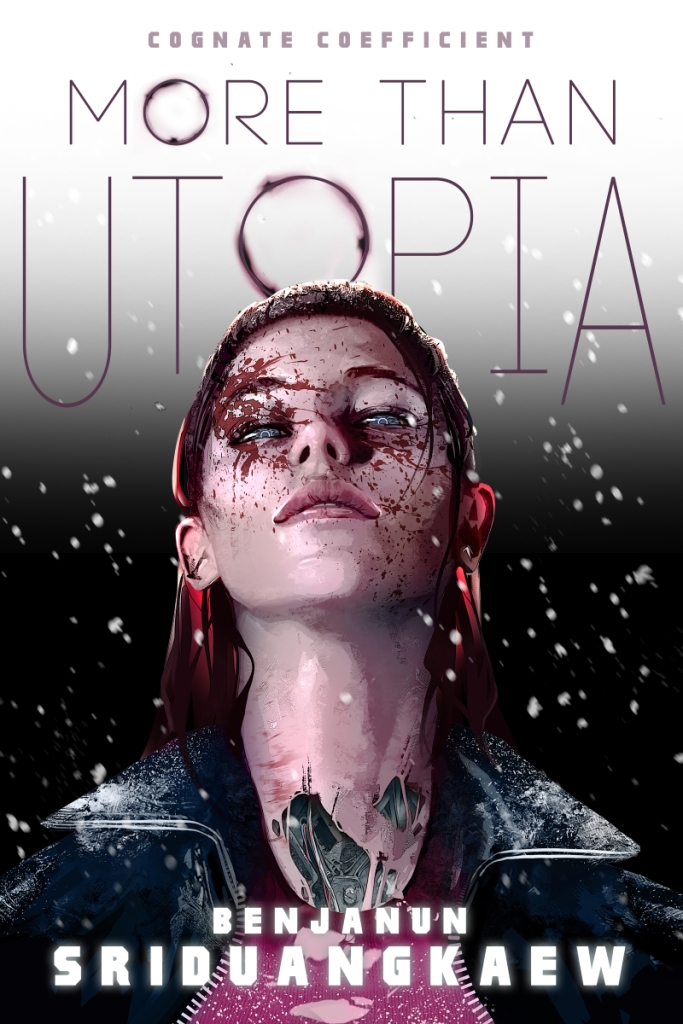
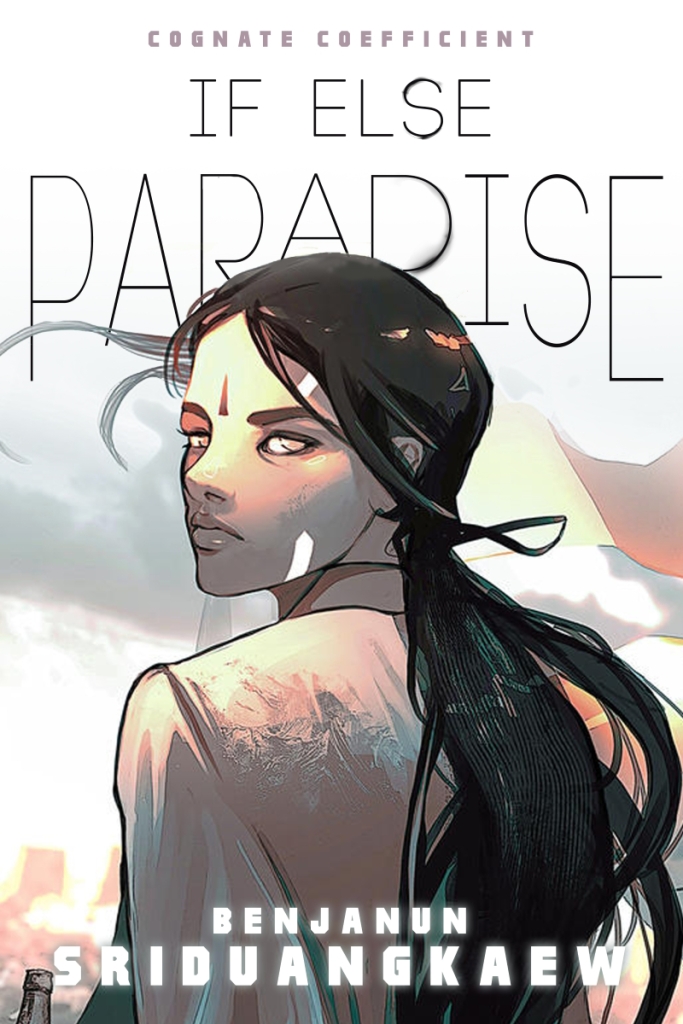
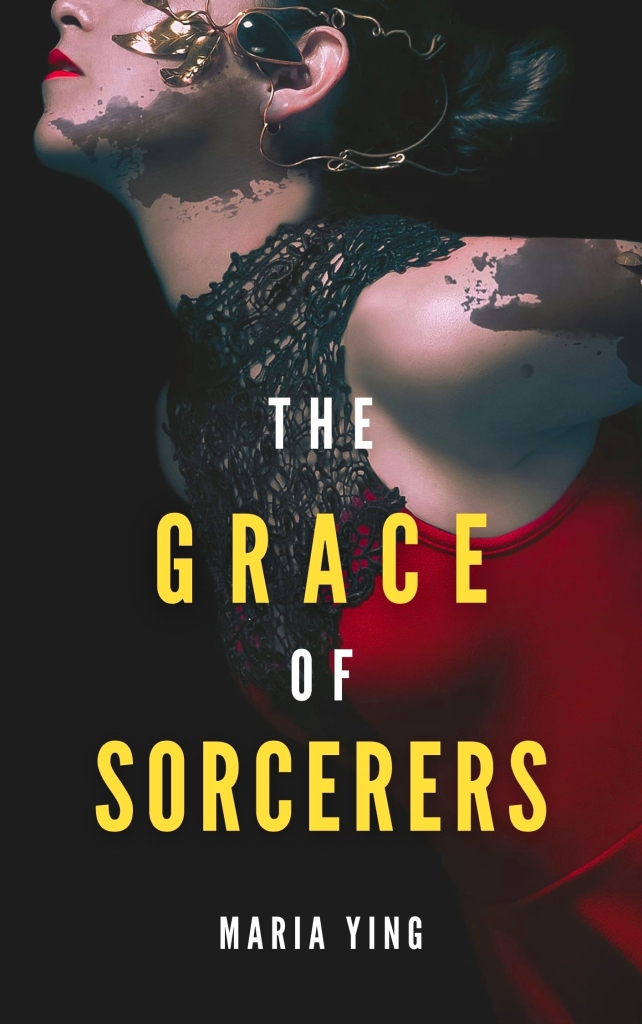
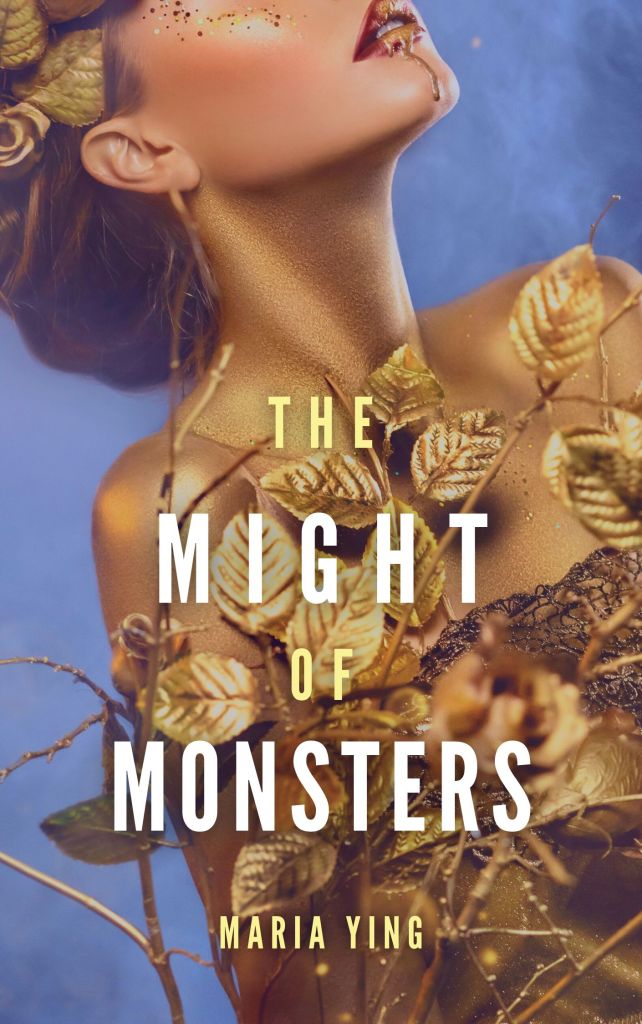
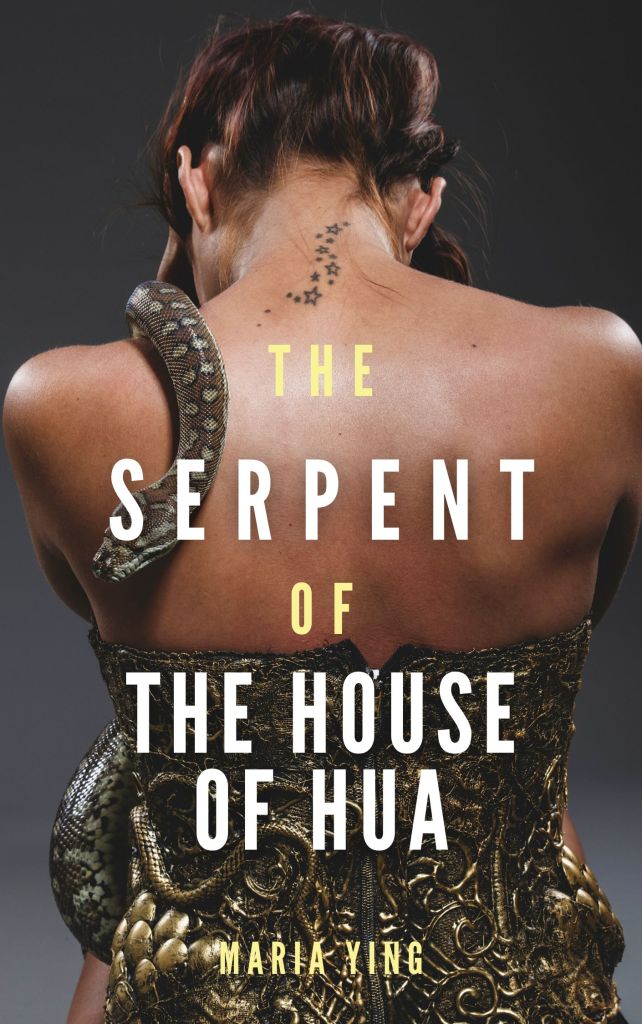

You must be logged in to post a comment.